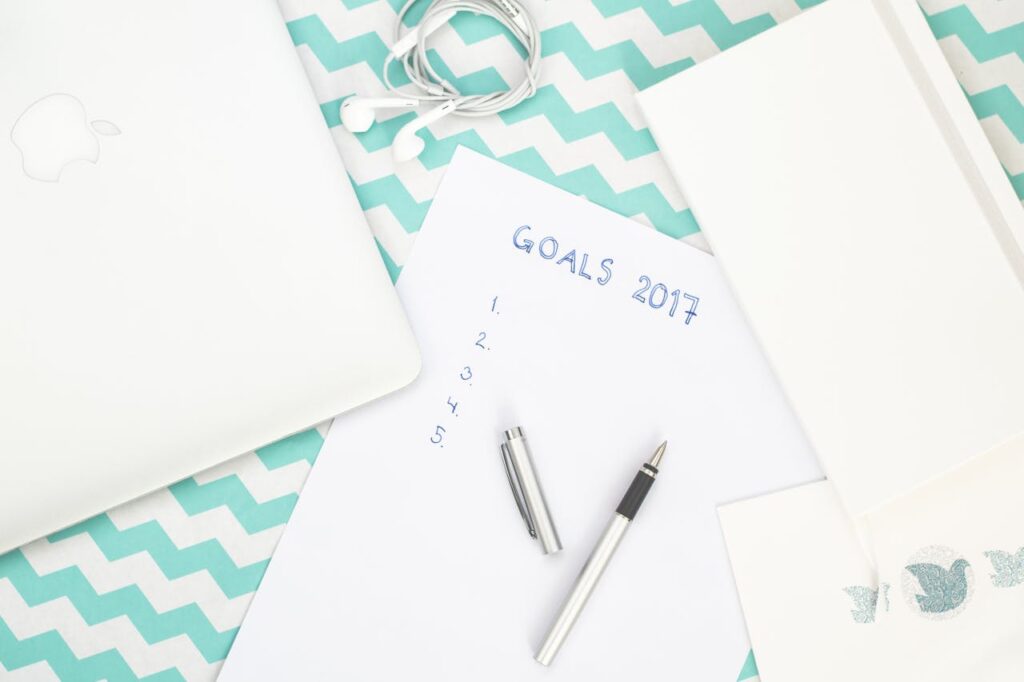Procrastination is something we all deal with at some point. It’s the habit of putting things off, even when we know they need to get done. This can leave us feeling stressed, unproductive, and overwhelmed. But the good news is that you can stop procrastinating and become more productive with a few simple changes. In this post, I’ll share practical ways to help you stay focused, stay motivated, and get things done on time.
Why Do People Procrastinate
Procrastination happens to almost everyone, and it’s often because of how we feel about the task. Many people procrastinate because they feel overwhelmed, unsure of where to start, or think the task will take too much effort. When a task feels boring or unpleasant, it’s easy to push it aside and choose something more enjoyable instead. This is why it can feel easier to avoid the work, even though it creates more stress later.
Another reason people procrastinate is fear. Fear of failure, fear of not doing a good job, or even fear of success can hold us back. These fears make us hesitate, and that hesitation can quickly become a habit of delaying what we want to accomplish. Sometimes, we tell ourselves we’ll work better under pressure, which can also reinforce the habit of waiting until the last minute.
Over time, procrastination becomes a habit because it gives short-term relief. Avoiding a task feels good in the moment, so our brains keep repeating the behavior. However, this habit often leads to guilt, stress, and prevents us from feeling productive. To stop procrastinating, it’s important to understand these patterns and find ways to break them, .
Common Things People Procrastinate About
Many people struggle with procrastination, and they often put off certain tasks more than others. Here are some common tasks that people tend to procrastinate on:
Household Chores: People often put off cleaning the house, doing laundry, or washing dishes because these tasks feel like a lot of work and are easy to avoid.
Work or School Assignments: Many people delay starting projects or assignments, especially when they feel overwhelmed or unsure of where to begin.
Paying Bills: People often push aside paying bills because they don’t want to deal with them or hope they’ll have more time later.
Exercise: Staying active is important, but it’s easy to skip workouts when feeling tired or busy, leading to procrastination on fitness.
Making Appointments: People often delay scheduling doctor visits or dentist appointments because they don’t want to take the time or deal with the task.
How to Stop Procrastinating and Break the Cycle
Procrastination can be frustrating, but breaking the habit is possible with the right strategies. Here are the top five steps to help you stop procrastinating and stay productive:

1. Understand Why You Procrastinate
Figure out why you’re putting things off. Are you overwhelmed, afraid of failure, or just bored with the task? For example, if you’ve been avoiding cleaning your bathroom, it might feel like too much work or something you’d rather not deal with. Maybe the thought of tackling the mess is unpleasant, or you’ve convinced yourself it can wait a little longer.
Once you know the reason, you can approach the task differently. If you’re overwhelmed, focus on how good it will feel to have it done and start with just one small area. If it’s boredom, try making it more enjoyable by playing upbeat music or rewarding yourself afterward. Addressing the “why” helps you take the first step.
2. Break Tasks into Smaller Steps
Big tasks can feel intimidating and often lead to procrastination. To stop procrastinating, try breaking the task into smaller, manageable pieces. For example, if you need to clean the entire house, start with just one room or even one small area, like the kitchen counter. Tackling one part at a time makes the job feel less overwhelming and easier to start.
When you focus on smaller steps, it’s easier to see progress, which helps you stay motivated. If you’re working on a report, stop procrastinating by starting with something simple, like creating an outline or writing the first paragraph. Once you finish that, move to the next step. This approach helps you build momentum and complete tasks without feeling stressed.
3. Set Clear and Realistic Goals

Be specific about what you need to do and give yourself a clear deadline. Vague plans like “I’ll do it later” make it easy to procrastinate. Instead, set a goal like, “I’ll clean the living room by 3 PM” or “I’ll finish writing the introduction by lunchtime.” A clear plan helps you focus on the task and gives you a sense of purpose.
Deadlines also create accountability, even if they’re just for yourself. Knowing there’s a time limit can push you to take action instead of putting things off. Breaking tasks into smaller steps with specific deadlines, like “organize the closet in 15 minutes,” can make the job feel more manageable and keep you motivated.
4. Remove Distractions
Distractions are one of the biggest reasons people struggle to stop procrastinating. Your phone, social media, or even a cluttered workspace can make it hard to focus. To stay on track, put your phone away or turn it to silent mode, and turn off any notifications that might interrupt you. Even small distractions can pull your attention away and make tasks take much longer.
Creating a quiet and organized workspace can also help you stop procrastinating. Clear your desk, remove anything that might tempt you, and set up everything you need to complete your task. For example, if you’re studying, have your books, notebook, and pen ready so you don’t waste time searching for them. Minimizing distractions makes it easier to stay focused and get things done.
5. Reward Yourself for Progress
Celebrate small wins to keep yourself motivated. Every time you finish a task or even just a small step, reward yourself with something you enjoy. For example, after cleaning your room, take a quick break, grab your favorite snack, or watch a short video. These little rewards make the process more enjoyable and encourage you to keep going.
When you recognize your progress, it helps build momentum and makes the next task feel easier to tackle. You can also plan bigger rewards for larger accomplishments, like finishing a project or meeting a big deadline. Treat yourself to something special, like a relaxing walk or time with a good book. Celebrating your wins, no matter how small, keeps you positive and motivated to stop procrastinating.
Stop Procrastinating and Be Productive

Breaking the habit of procrastination takes time, but it’s possible with the right mindset and small changes. Set your mind to do the things that need to get done, and sometimes, you just have to force yourself to start. Once you push through and finish, you’ll be glad you did. Staying consistent and taking action, even little by little, helps you stop procrastinating and stay productive.
Remember, progress is more important than perfection, so don’t be too hard on yourself. Each step you take brings you closer to your goals and builds confidence in your ability to get things done. Stay positive, keep moving forward, and enjoy the satisfaction of a more productive and stress-free life.
If you’re working on breaking the habit of procrastination and want to stay on top of things, check out these helpful reads:














